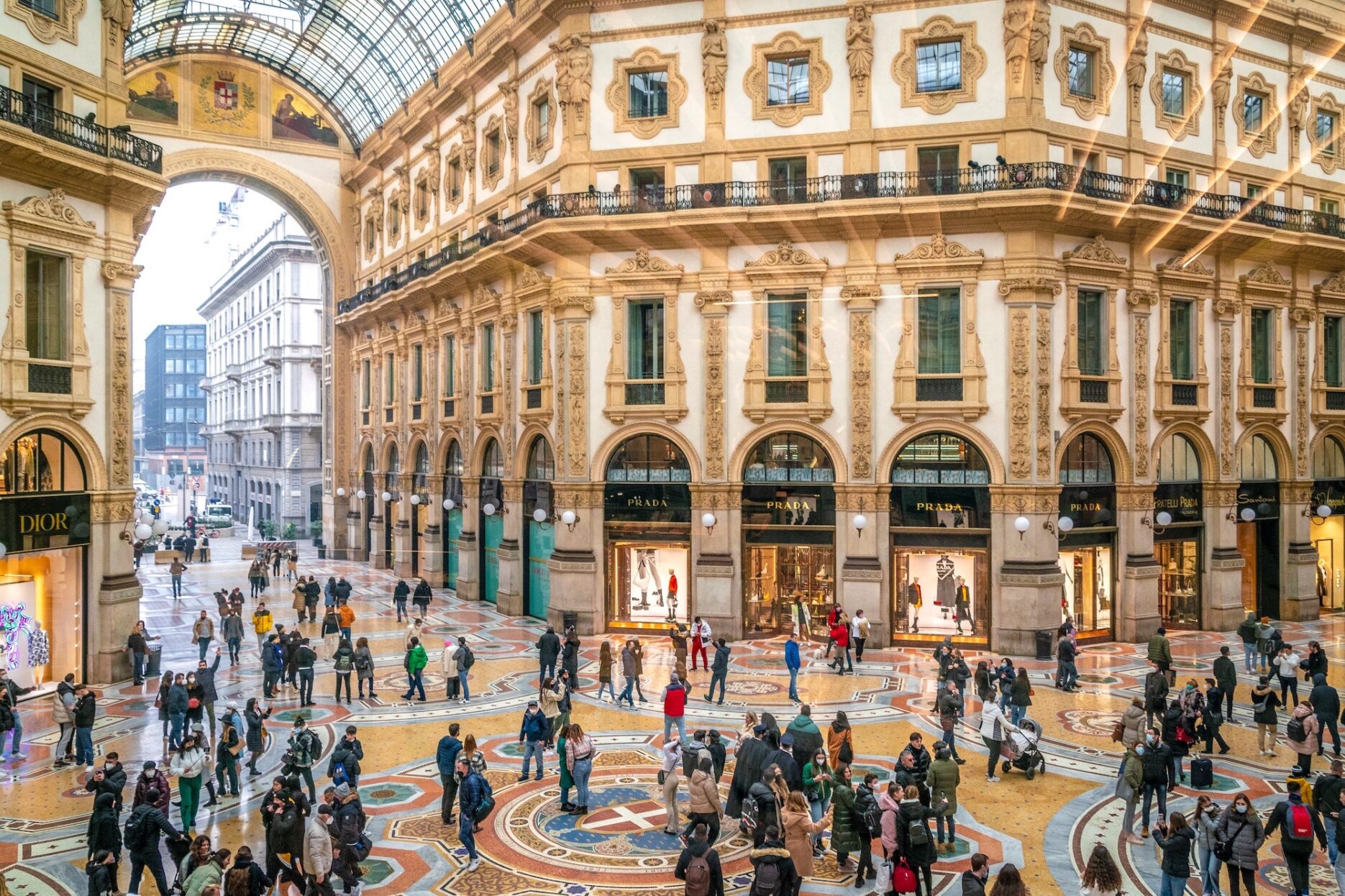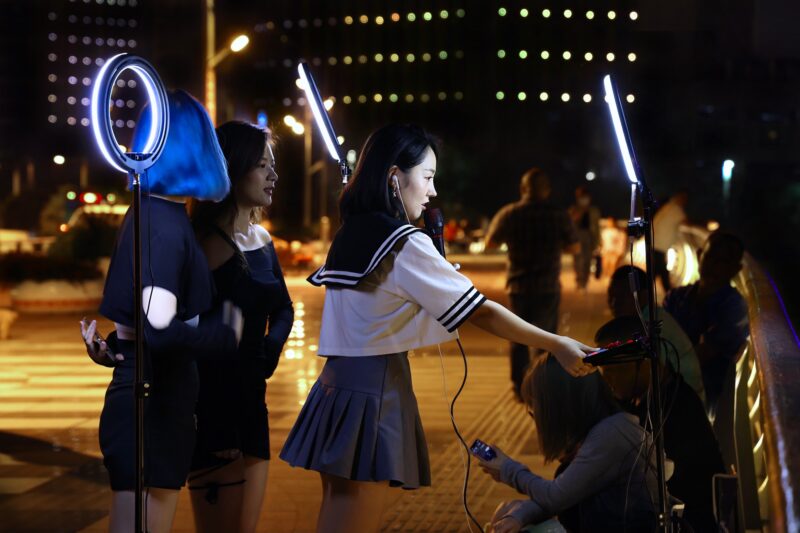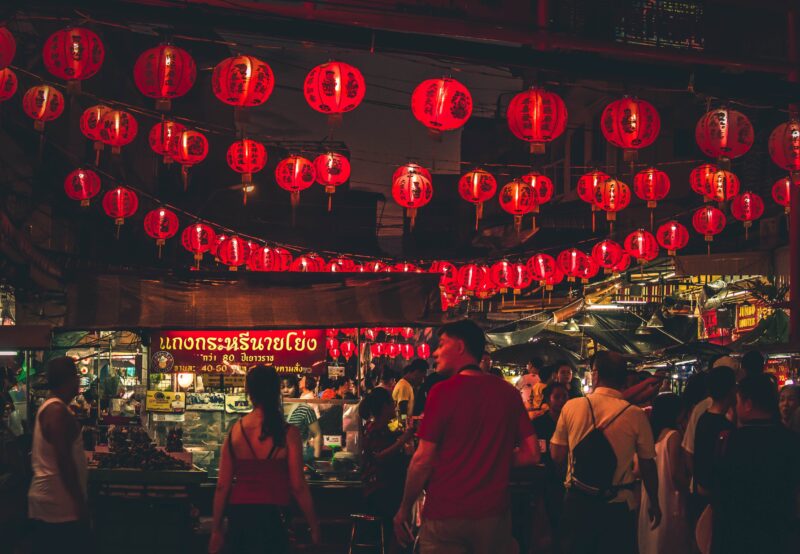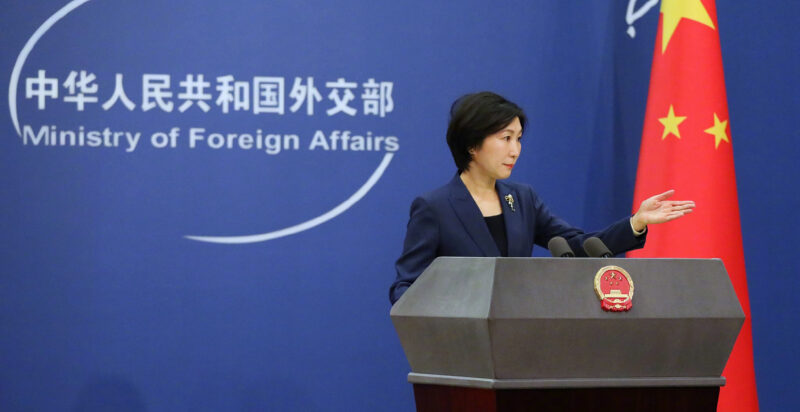Chinese consumers are now in favour of purchasing luxury items during a “very targeted and short trip”, according to the latest report shared by Bain & Company. Luxury retailers abroad will find this disappointing as they are counting on Chinese shoppers to reverse their fortunes from past sales downturns.
During the three-year-long pandemic, Chinese luxury buyers have realised that they can purchase their beloved high-end items for a fair price at home like in Hainan instead of flying all the way to other parts of the world. In the meantime, China has endeavoured to accelerate the development of e-commerce channels, with netizens expressing their astonishment at the convenience of purchasing luxury goods on duty-free applications with home delivery services provided.
Furthermore, the implementation of new COVID measures in aviation by EU countries for travellers arriving from China has further slowed down the recovery of luxury retail in Europe, but subsequently contributed to the luxury sales boom in Hong Kong, Macau, Japan, Korea and Southeast Asia.
Long queues outside the luxury brands’ storefronts were observed in Macau during the Spring Festival break, and travel research related to Seoul and Tokyo surged on China’s dominant search engine Baidu after the country lifted travel restrictions.
Despite the dilemmas for overseas luxury retailers, the upside is that local consumers have continued to be enthusiastic about luxury products and were not seriously impacted by the pandemic. As such, premium players like Hermès and Louis Vuitton have charted their expansions in lower-tier cities to draw in local consumers who have had to travel to another city to make purchases. It’s expected that luxury consumption may fully bounce back to the same levels as 2020 by the second half of 2023.
To tackle the change in spending habits, luxury brands and retailers need to deepen their understanding of the local landscape in a bid to cater to Chinese consumers’ tastes, while charting expansions both online and offline to branch out to a wider audience. Last but not least, considering the new trend, luxury brands could collaborate with duty-free shops in neighbourhood countries like Korea and Japan to further boost sales.









